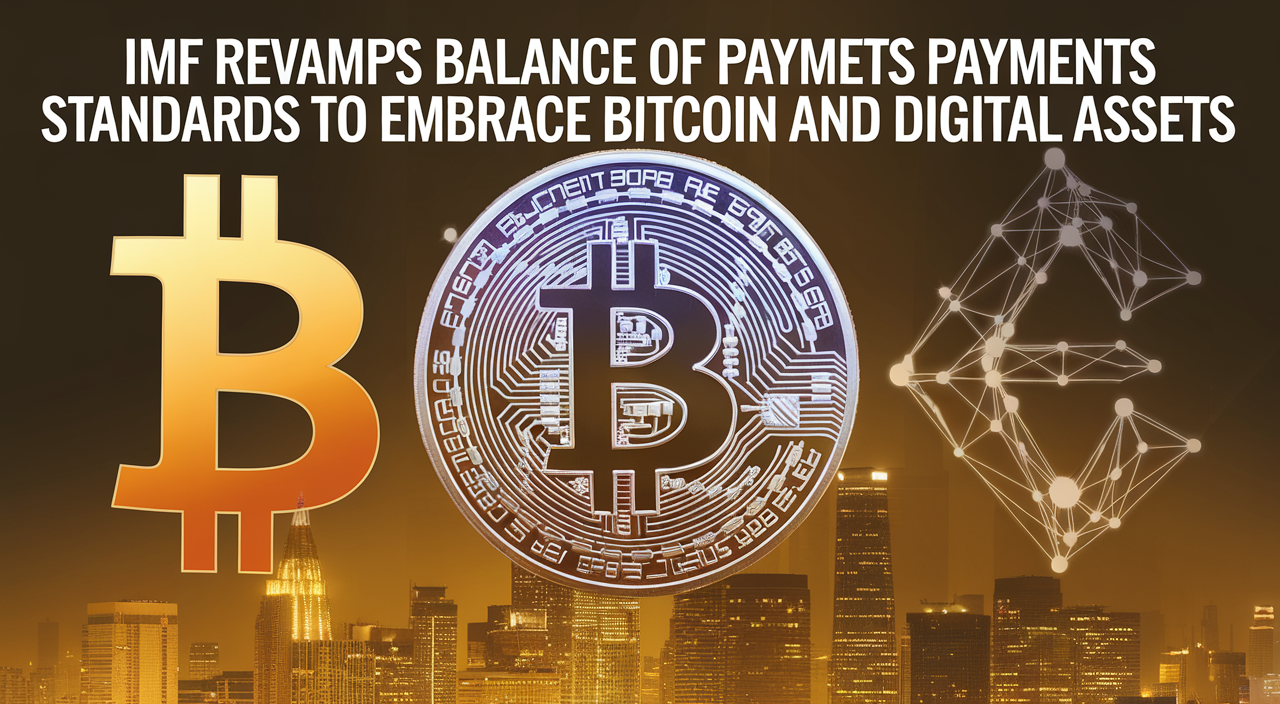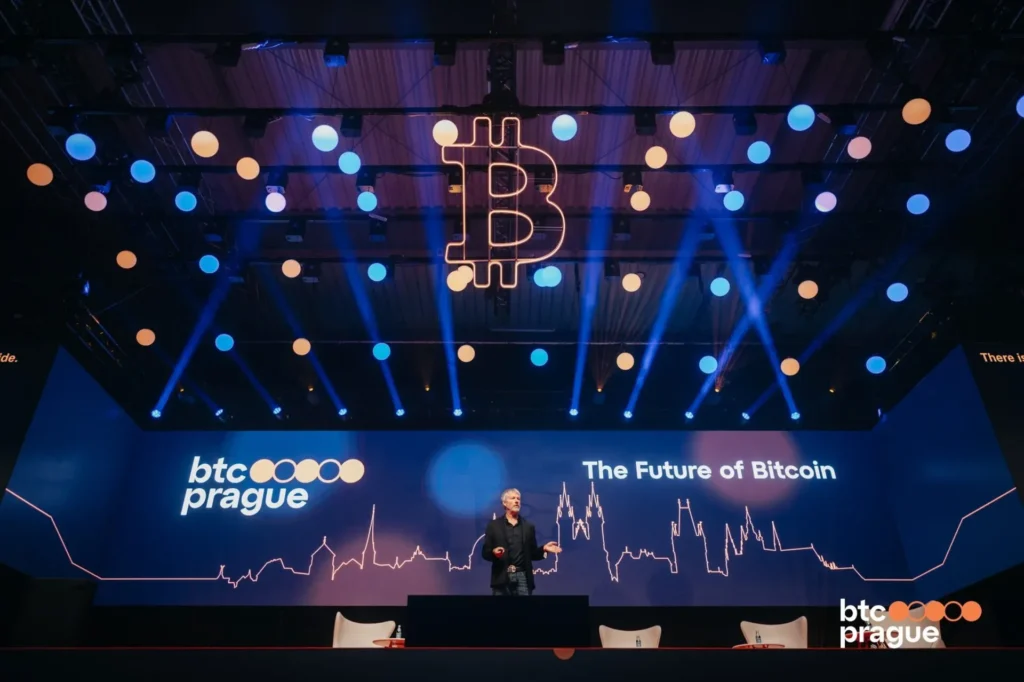The International Monetary Fund (IMF) announced updated balance of payments guidelines that formally integrate Bitcoin and digital assets into global economic reporting frameworks. Released on March 20, 2025, the seventh edition of the Balance of Payments Manual (BPM7) introduces standardized classifications for cryptocurrencies, marking the IMF’s first comprehensive treatment of digital assets in its statistical standards.
Under the new framework, Bitcoin and similar decentralized cryptocurrencies without issuer liabilities are categorized as non-produced nonfinancial assets. These will be recorded in national capital accounts during cross-border transactions, akin to physical assets like land or artwork. Stablecoins, such as those pegged to fiat currencies or commodities, are designated financial instruments due to their liability-backed structures. Platform tokens like Ethereum (ETH) and Solana (SOL) may qualify as cross-border equity-like holdings if issued by entities in different jurisdictions than their owners, reflecting ownership rights comparable to traditional corporate shares.
The guidelines also outline protocols for crypto-related economic activities. Staking rewards and crypto yields are to be treated as income streams similar to dividends, contingent on the scale and purpose of holdings. Services facilitating blockchain validation, including mining and staking infrastructure, will now appear in national accounts under computer services exports and imports. The updated standards aim to enhance transparency in tracking cryptocurrency flows, taxation, and regulatory oversight across borders.
Developed through collaboration with over 160 countries and the IMF’s Committee on Balance of Payments Statistics, BPM7 aligns with the United Nations’ System of National Accounts 2025. The IMF plans to support nations in adopting these standards by 2029–2030 through technical assistance and implementation guidance. Analysts suggest the revisions reflect the growing influence of digital assets in international trade and investment, with the IMF acknowledging their role in reshaping monetary policy considerations.
Sources:
https://www.panewslab.com/en/articledetails/3qt3zp67.html
https://thecoinrise.com/imf-redefines-bitcoin-as-capital-assets-in-global-finance/
https://www.ainvest.com/news/imf-recognizes-cryptocurrencies-global-economic-data-2503/
https://www.crowdfundinsider.com/2025/03/237648-imf-updates-global-economic-standards-to-include-digital-assets-like-bitcoin/
https://www.ainvest.com/news/imf-updates-framework-include-bitcoin-ethereum-2503/



